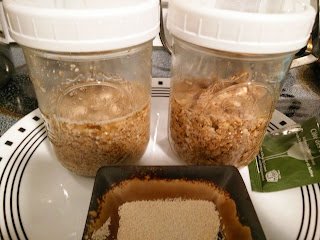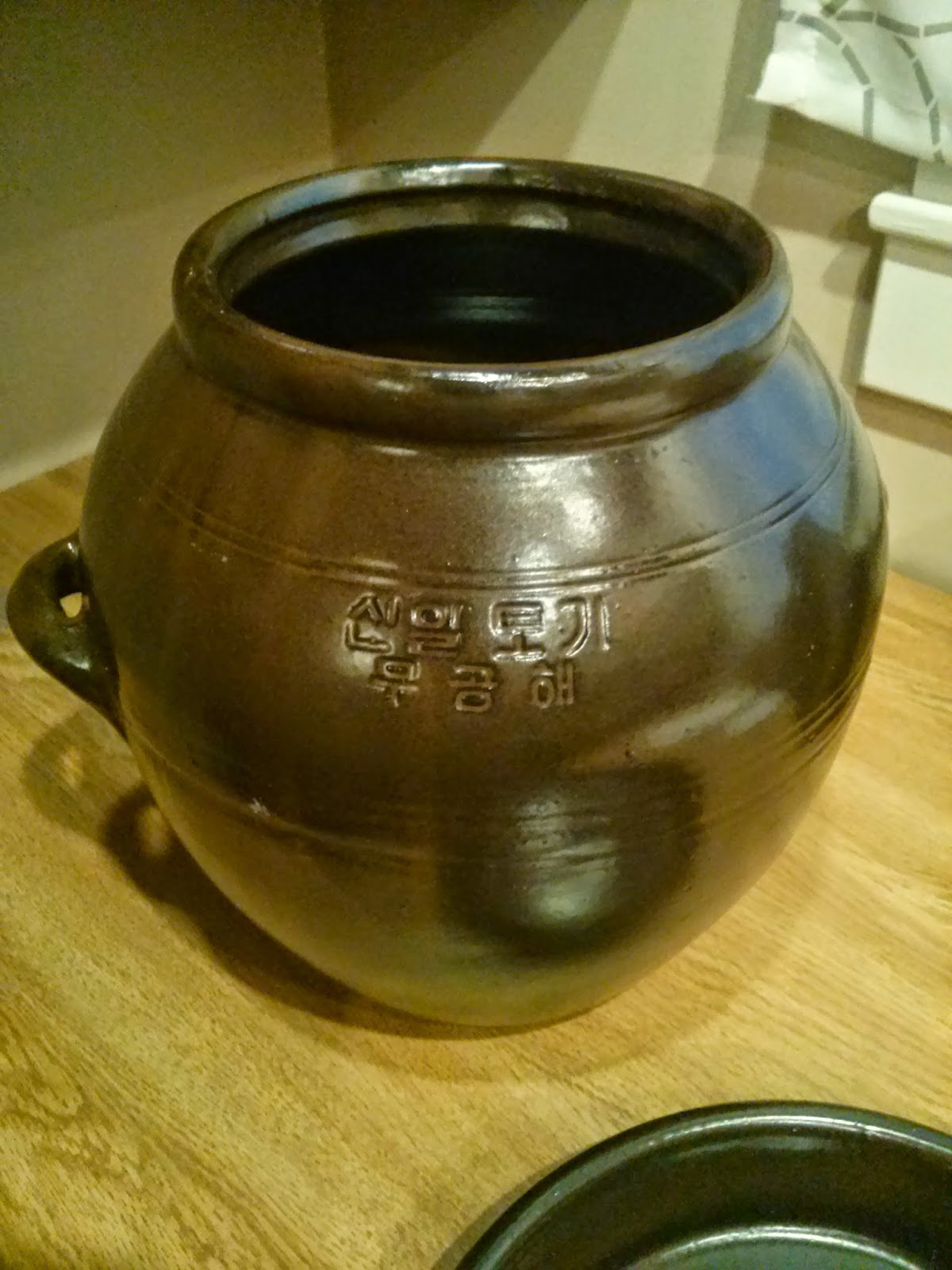Lexicon: Sool & Ju
Korean brewing has its own terminology to describe things specific to the craft. This series of posts, titled "Lexicon", aims to de-mystify this esoteric range of vocabulary, which can be a hurdle for those new to Korean traditional alcohol.
Today we are discussing Sool and Ju.Sool 술
Sool or sul, depending on which romanization standard you follow, refers to the wide array of alcoholic beverages, in a very general sense. It can refer to any and all forms of alcohol, domestic and foreign. Although is it a Korean word, it is not specific to traditional Korean brewing and is more of a general vocabulary.
For example, beer and wine are types of sool, as are makgeolli, soju, sake, etc. Sool covers everything, and does not connote anything special.
Sool also stands alone in a Korean sentence. It is a one-character noun that describes a class of beverage. For an English speaker, the equivalent would be drinks, booze, or just alcohol(ic beverage).
Ju 주
Ju is a different word, with a similar meaning; well, not entirely. You see, ju is more of a suffix than a complete word in and of itself. Ju originates from the Chinese character (酒) and is attached to the end of character-based words. In Korean these are called hanja, in Japanese it's kanji. These words originated from Chinese, but also evolved in their respective countries.
Ju is combined with other characters to describe different kinds of alcohol, or sool. Ju conveys the same meaning as sool, but is more like an adjective than a noun.
For example, Takju is the word for cloudy wine or alcohol. Tak- means unclear, muddled, or cloudy and (濁) -ju means alcohol (酒).
There are many terms in traditional Korean brewing that use the suffix -ju, and we will explore those later.
Brian



Comments
Post a Comment